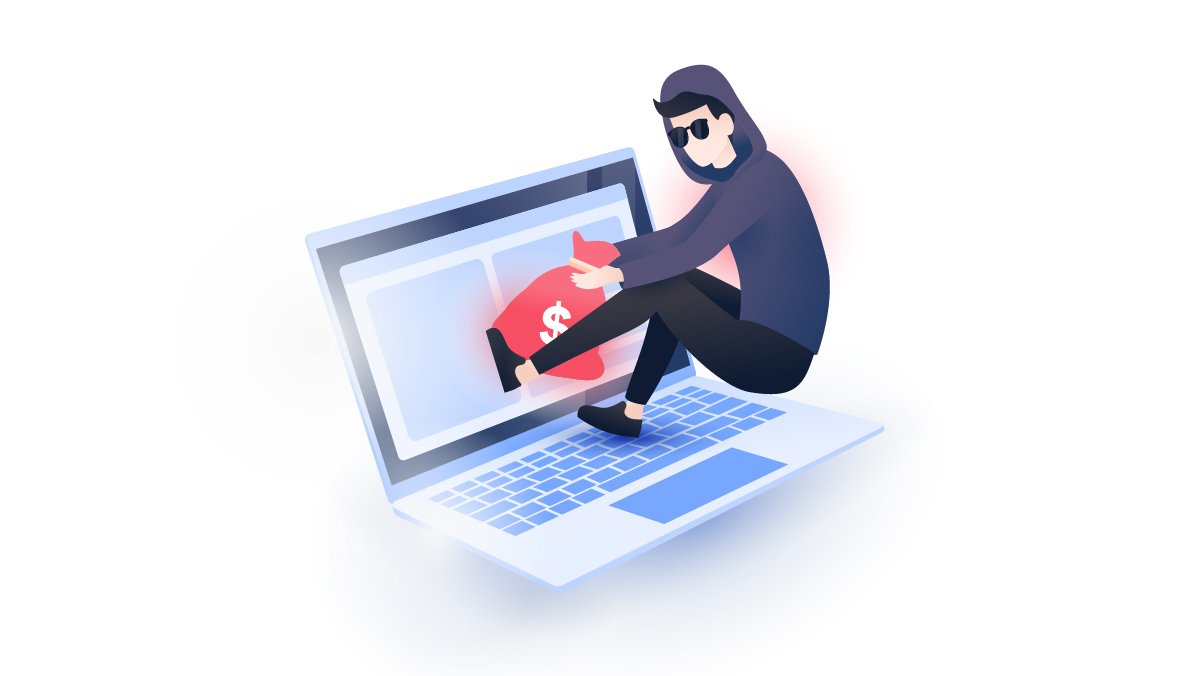Tips to Protect the Elderly From Online Threats
Online threats like phishing attacks and email scams are nothing new. They have been there for a while now, with many people falling prey to them with increasing frequency. One might think that with all the security professionals trying their very best to spread awareness among people such cases would start decreasing.
Christina Craig
Feb 19, 2017 · 3 min read

Unfortunately, that is not the case, as a huge number of novice (or stubborn) internet users are in the dark about the internet safety rules. Furthermore, there is one part of the internet population that is unfortunately largely neglected when it comes to education about online security tips. That section of people is elderly users of the internet.
Why they are vulnerable
Today’s world is full of technological tweaks that help people get the job done with minimal effort. However, it can be a burden for someone starting to use such technology later in life.
Many seniors are joining the internet world to access great communication tools, explore vast number of news sources, or access entertainment programs online. However, the vast majority of elderly people struggle with going beyond the navigation and application of internet tools they enjoy. Even those who are considerably better at navigating the internet than their peers, can fall prey to online attacks. This makes the seniors easy targets for hackers, and hackers have been quick to realize this as well, for there are many instances of hackers targeting elderly people.
How can they be protected online
Now that we have seen why elderly people can be vulnerable online, let’s discuss how they can be better protected.
1. Awareness and Education
In common with the very young internet users, the elderly are also scarcely aware of the dangers that lurk on the internet. In their case, the lack of awareness is much more profound, making them easy targets for hackers. Therefore, the primary step in strengthening their protection on the internet is to educate them of the possible threats they might face online. Explaining things like email scams is vital as elderly people are most vulnerable to such scams.
2. Secure the Wi-Fi Network
This is a good practise if you are looking to protect your parents or elderly relatives from online attacks. Securing their entire Wi-Fi connection rather than just one device can help them be better protected. Tools like VPNs can be configured on their wireless networks which can then protect them while they surf the internet.
More: Importance of Securing Your Personal Wifi Network3. Anti-Virus, Device Updates
This is valid for all internet users. You might be most vigilant about your anonymity while surfing on the internet, but if your system itself has been compromised or out of date then you are at a great disadvantage. One should take care to install the latest antivirus software and upgrade the operating system to ensure all the vulnerabilities have been fixed by the operator and make sure it remains updated.
4. Password and Personal Information Protection
Not giving out ones personal details, including the passwords is even more important. Several elderly internet users might fall pray to cleverly crafted ‘phishing’ scams, where an email or a lookalike website might ask to provide personal details, while offering a deal that is too good to be true, or might appear to be philanthropic in nature, while being a scam. Once again, research and education about the possible types of scams can protect even the savviest of internet users.
5. Password Protection
Learning about the importance of password protection is key. Having a very simple to remember password might be convenient, but to a hacker it is an invitation to access your online data. It is important to use strong and unique passwords for all of persons accounts and update them on a regular basis—ideally every three months.
6. Social Media
When exploring social media – key advise is not to click links in unsolicited social media messages, particularly from unknown sources.
7. Consider installing silent patches
The frequent pop-ups of services like Adobe might add an unnecessary irritation factor for elderly internet users. If you can set set up and verify which updates are necessary aged of the time, you can set up automatic updates. For this, there are a few silent patches that can be installed on a systems which automatically and silently updates software without bothering the user about it.
Want to read more like this?
Get the latest news and tips from NordVPN



